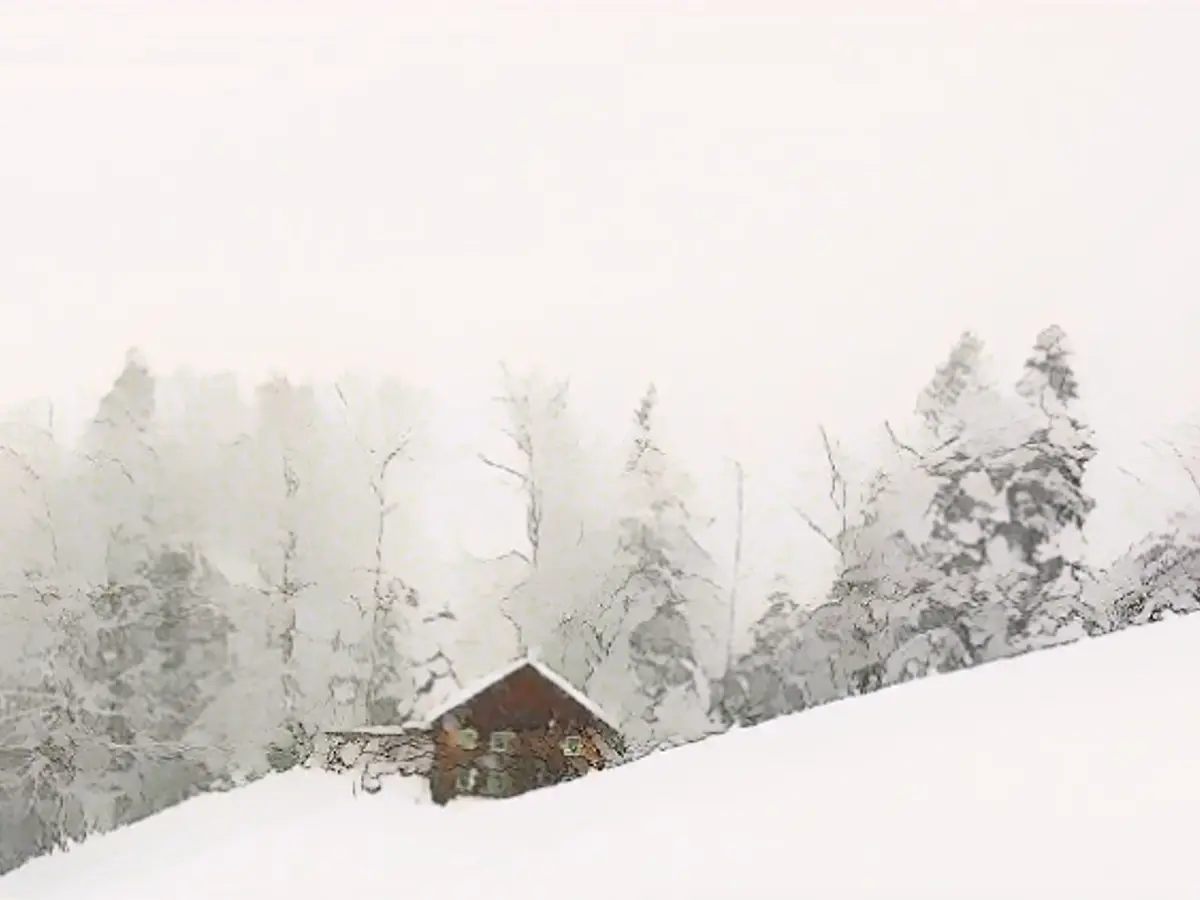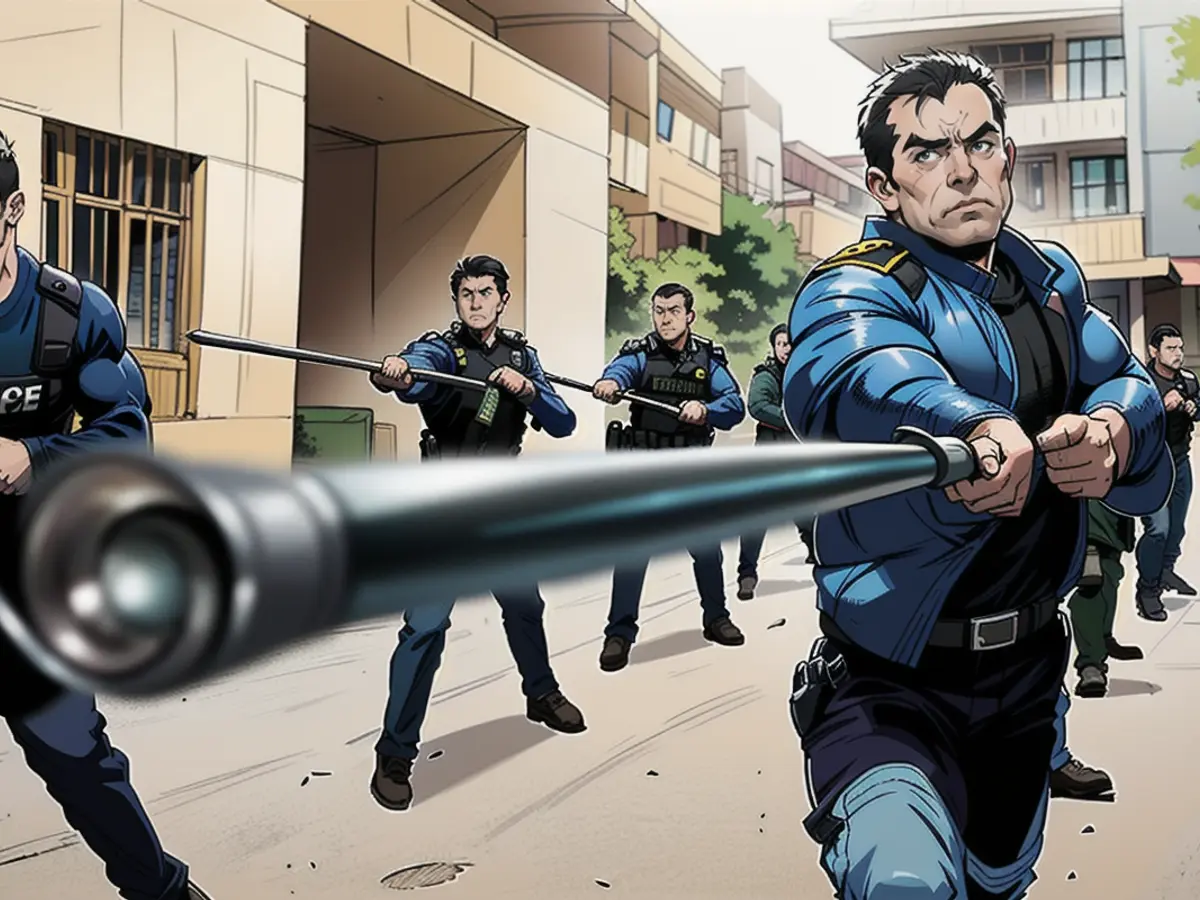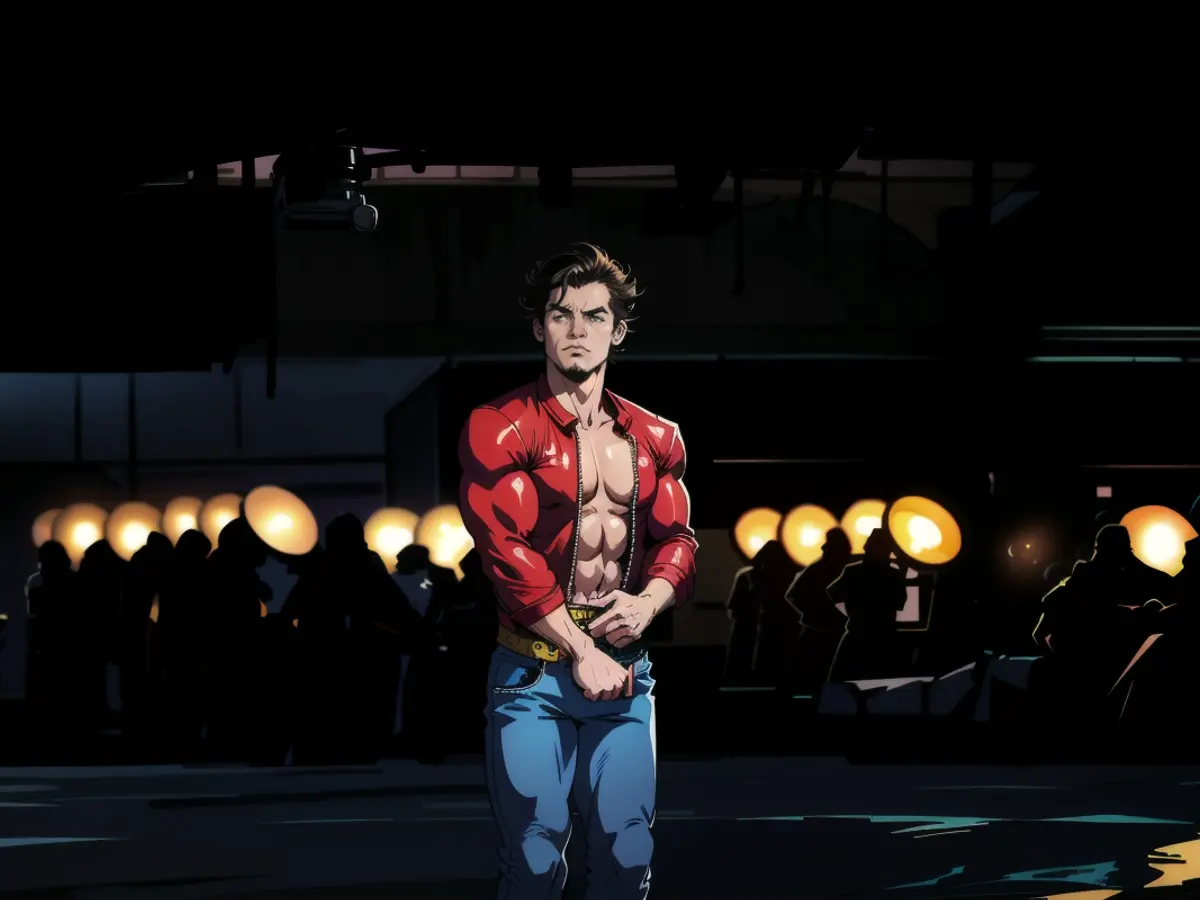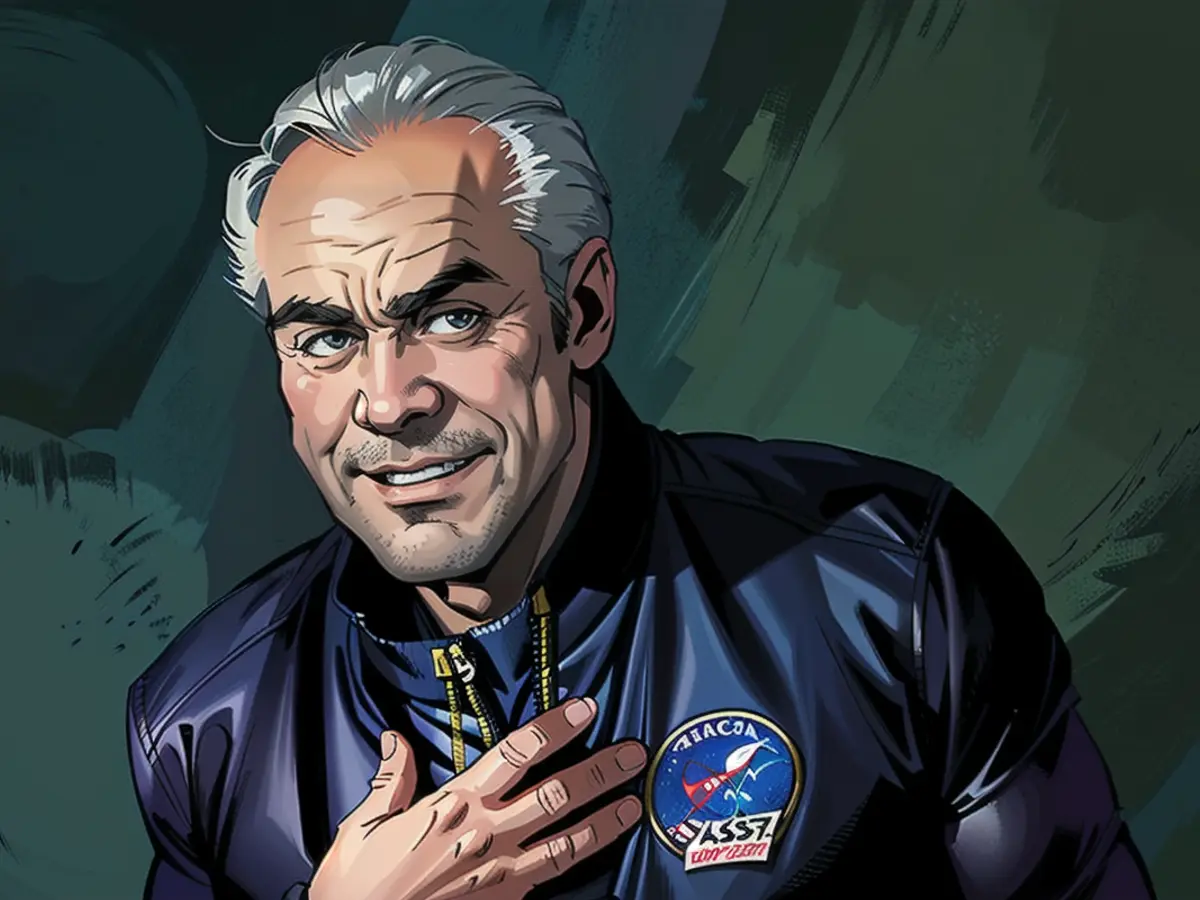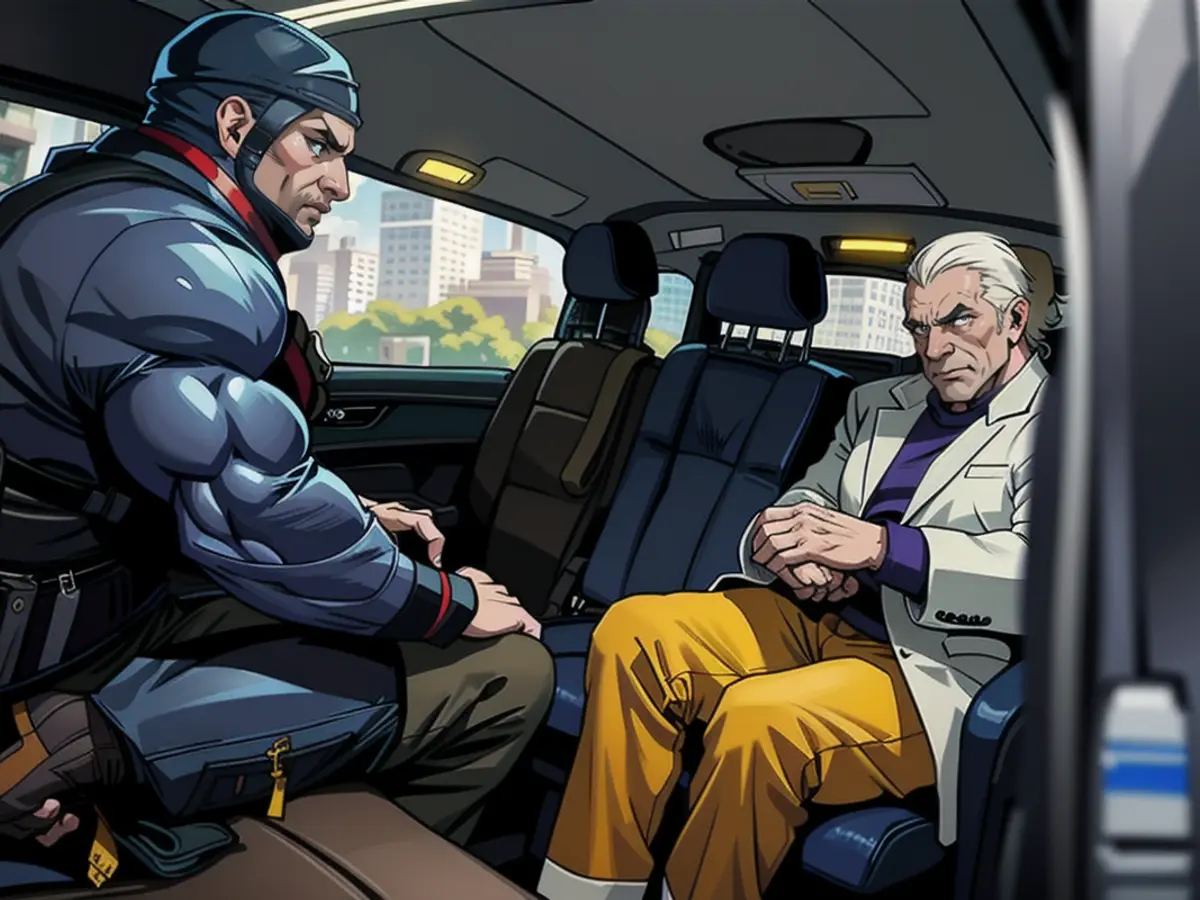"There is a longing to be a child again at Christmas"
On Christmas Eve, a family comes together in a chalet in the Swiss Alps: mother, father, the three grown-up children with their family, children and pets. Soon they are snowed in. "Something happens to you in this seclusion," says Alexander Oetker about his Christmas novel "Silent Night in the Snow", which is definitely not a thriller.
ntv.de: You've written crime novels, cookbooks and romance novels, so why have you written a Christmas book now?
Alexander Oetker: Whether it's a crime thriller or a novel, in the end it's always about characters. And Christmas is more about people and personalities than at any other time, because everything simply comes together. We all know those Christmases when you go to your parents' house or meet friends with a lot of expectations. And because the expectations are so high, reality can't even capture them. The harmony you prescribe for yourself can't materialize and the situation explodes. I was incredibly excited to write about it, again in such a very tight time frame.
What is so appealing about it?
I like it when it's a chamber play and everything takes place in one day, like in this mountain hut in the Swiss Alps. The Matterhorn is outside the door and there's snow. Everything outside is beautiful. Then this family comes together, three generations. And what happens is what happens to all of us, I think. It was important to me that it wasn't so exaggerated, but that you think this is exactly what could have happened to us. But it was a bit worse than that.
When and how did you write the book?
I was sitting in the snow in winter. I had a really stressful year in 2022 and then went to the silent monastery at the beginning of January, two weeks in Mecklenburg in an environment that wasn't too austere, but rather a bit Buddhist and luxurious. I simply didn't want to talk for two weeks. And that's what I actually did. I sang in the shower once, but otherwise I went for long walks and basically wrote the whole book in those two weeks. It was an incredibly intense time that I would definitely like to repeat, because it was simply great to have such an inner dialog with myself. The result is this book, which is actually a loud book because there is a lot of talking.
How important was the setting for "Silent Night in the Snow"? How important was it that there was snow, a great Christmas dinner, a chalet?
In the end, it's the same as in my French crime novels: the setting has to be right because people want to dream away. I think very few people want to read a book about Christmas in a terraced house in Oer-Erkenschwick. The house in the book is the vacation home of my best friend, who is from Valais. I was once snowed in there myself, unfortunately not at Christmas, and then witnessed the avalanche blast. You really couldn't get out. There was so much snow that the valleys were all closed. There were no more lifts in, and the road conditions were not such that you could still ski. You couldn't even ski because it was snowing so hard that it was far too dangerous. So we sat in this house and interesting conversations and revelations came up. Something happens to you in this seclusion, life takes on a whole new dynamic. I also lost my car keys while sledging, just like in the book. And we searched for days because it was a rental car and I had to find the key again. As in every book, there are biographical things in it. And it was incredibly important to me to write such a family story in this remote location that was believable, but also entertaining.
There are these siblings who have grown up, two brothers and a sister. It's also a classic constellation, they have these shared memories. Now they've grown up and become a bit estranged. What were you thinking?
I grew up as an only child. I have siblings who live abroad, but I never got to know them. I always longed for this kind of community, especially at family celebrations. We are now in a patchwork situation, even with older children. My sons are still small, so naturally they want to be together a lot on some days and not at all on others. When you get older, you hang out together more. And when you're 18 or 20, you naturally become strangers when things are going normally. So you always stay close, but you still go your own way. But at Christmas, everyone ends up being children again. And what happens then? Situations always explode because the children have a kind of déjà vu. I know this well from the last few years when I was still celebrating with my parents. I often thought, I'm not a child anymore and don't treat me like one. And yet you also have a longing to be a child again at Christmas. I tried to pick up on this dynamic, which I haven't yet resolved internally. I believe that you don't always have to give answers, you can also give people the feeling: I don't know why it's like this either, but it is and you're not alone.
The same can probably also be said for parents, who have naturally settled into this life without living directly with their children and are now supposed to be like they used to be.
That's exactly how it was every year before this book started. And that also breaks up in this novel. They are now saying that we also have the right to lead a happy non-parental life and that we are far from being old hat. I think this year was a year in which you really have to wish for great things for the world, but also on a personal level. Just to say: I can change, no matter how old I am. And I want to change now because times are so tough on the outside. You have to give in to your urge to develop further or to develop differently or to be with yourself.
As a journalist, you also look at a year differently. Then a book like this is perhaps almost a little escapist. It's simply about the small things in life that are perhaps also very big. How does that feel for you?
Yes, you could call it escapism. I know that we have a big problem with light fiction in Germany. If a book doesn't appear in the feature pages, then it's not literature. I really strongly disagree with that. My crime novels also tell you an incredible amount about society in France. Nevertheless, they are crime novels for people who don't really like crime novels because they are bloodless. That's really important to me. It's exactly the same with this Christmas novel. After this year, I believe that people have a great longing for inner harmony. That doesn't mean that they duck away or walk through the world with blinkers on. But literature can also make people think about themselves and not about the major world crises. It also needs quiet times. That's why I write novels that have to do with normal people without ignoring reality. It's about the small questions, which are of course the big questions for all of us in the end. After all, we're not sitting in the UN Security Council at Christmas, we're sitting at the table with mom, eating Vienna sausages and potato salad. And then it's about these very personal questions that are neglected all year round, because we all think in these big cycles and worry about the world and the German economy and whether the coalition will hold together. In the end, it's a book that shows: If things aren't going well in the traffic light coalition, why should they be going well at home?
Solveig Bach spoke with Alexander Oetker
Read also:
- "You can't beat the whole world"
- The invisible researchers of the polio vaccine
- The woman who dances with death
- We all have someone on our conscience
Source: www.ntv.de
